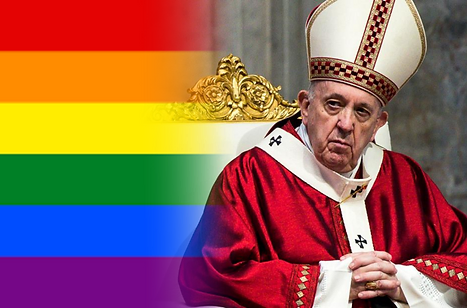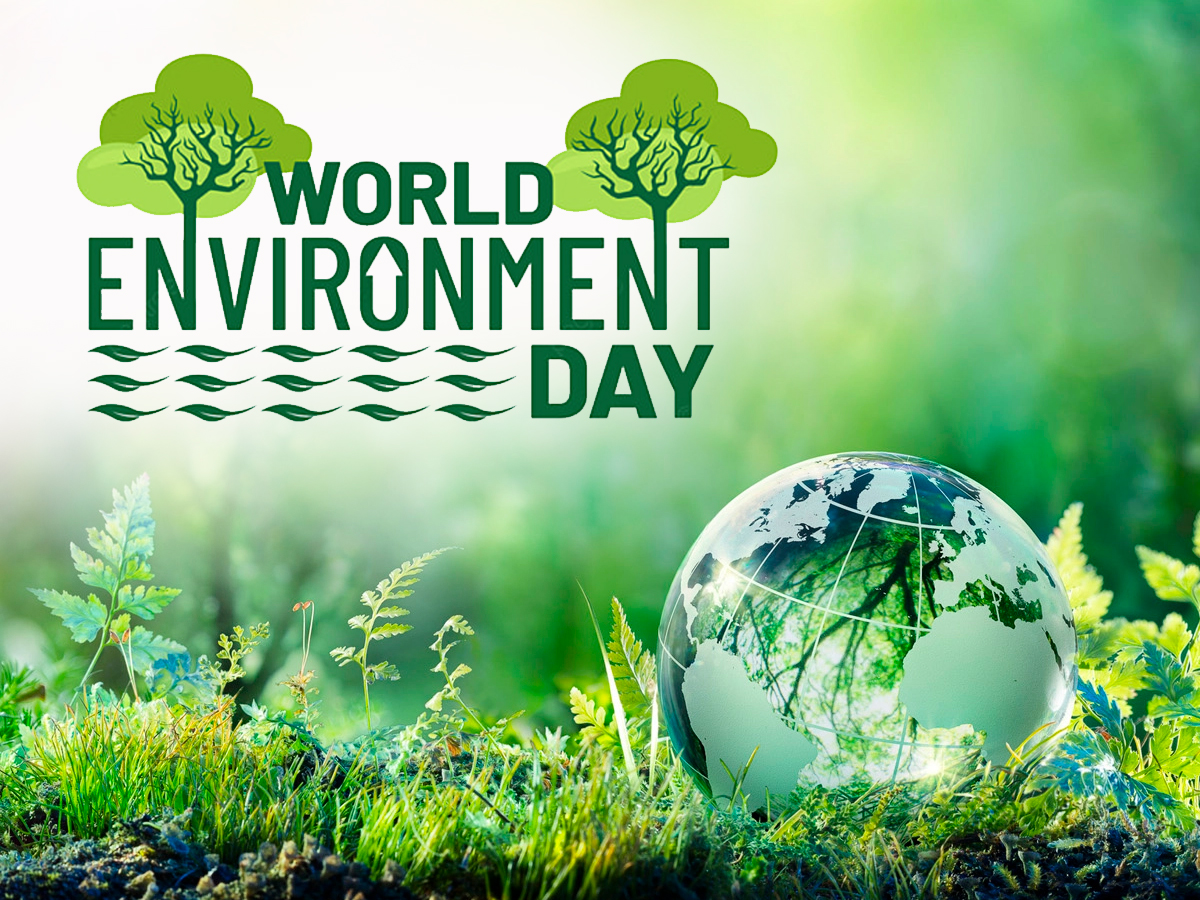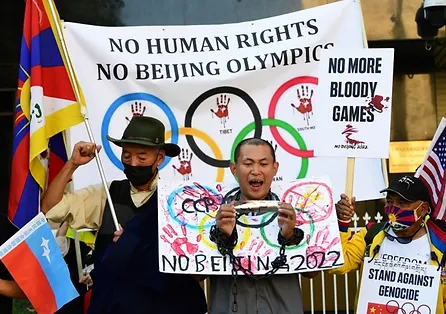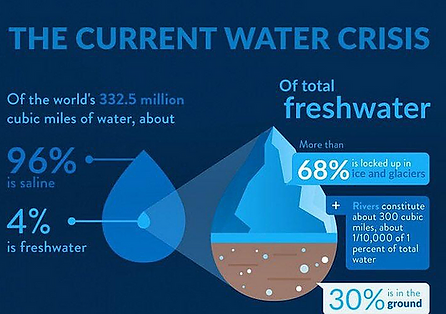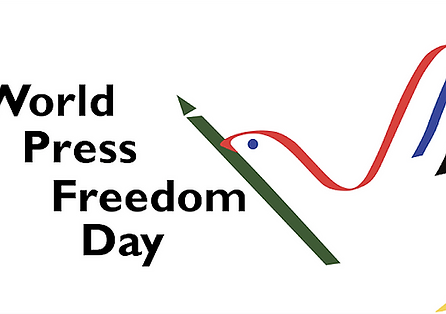
World Press Freedom Day

None of us can imagine a life without the press as it has a significant role in our lives for many decades. It made countless contributions to our world: Legendary journalists who had covered essential news, newspapers that had witnessed history on the first hand, talented cameramen who had made fascinating documentaries, and so on. As the press still maintains its significant duty today, to honor the entire press sector and point out the issues the staff has been facing, United Nations General Assembly proclaimed May 3rd as World Press Freedom Day in 1993. With this declaration, they stated the essential principles of press freedom, defended the media against censorship and attacks on their independent approaches, and commemorated all journalists who had lost their lives in the exercise of their profession. While they once again reminded governments to respect their commitment to freedom of press, they also informed the community about the violent and abusive behaviors towards the media. (1) (2) (3)
Besides World Press Freedom Day, May 3rd also marks a specifically significant event for world press history. It is the anniversary of the Windhoek Declaration for the Development of a Free, Independent and Pluralistic Press. This is a statement signed by African newspaper journalists back in 1991 in Namibia, stating the principles of press freedom. This was a highly influential prior document for press communities which led to subsequent press freedom statements in various corners of the world: The Alma Ata Declaration in Central Asia, Sana'a Declaration for the Middle East, Santiago Declaration for Latin America and the Caribbean, and lastly, the declaration of World Press Freedom Day. (4)
Every year United Nations organizes a conference on May 3rd and gives prizes to individuals, organizations, and institutions that have made remarkable contributions to press freedom worldwide. This year, the meeting will be held in Namibia, under the "new normal" due to the global pandemic. The ambassador of the Netherlands to UNESCO has a lovely statement for 2021's conference: "World Press Freedom Day is coming home." (5)
Press Freedom in World
According to a CPJ special report prepared by Elena Beiser, during the Covid-19 pandemic, there were a record number of detentions in many countries. According to the report, as of December 1st, 2020, 274 journalists worldwide were prisoned. China, Turkey, Egypt, and Saudi Arabia are among the worldwide countries that imprisoned the most journalists. According to a report in Statista, 47 in China, 37 in Turkey, 27 in Egypt, 24 in Saudi Arabia, journalists are kept in prisons. While reporting during the pandemic is one of the biggest reasons for imprisonment in China, the country has been ranked as number one in this situation for two years. In Egypt, the problems are no different. "The government of President Abdel Fattah el-Sissi has squeezed space for traditional media outlets and stamped out nearly all dissent as part of a wide-ranging crackdown. The content of state-owned media is tightly controlled, privately-owned news media in the country has been acquired by Egyptian intelligence services or supporters of el-Sissi.". As a result of government policies, there is almost no non-partisan media as the same as Turkey. According to the RSF index(Reporters Without Borders), Norway ranked the best country for press freedom for a fifth year.
Press Freedom in Turkey
Media institutions that were shut down and journalists that were jailed
Journalists have taken upon themselves the duty of raising awareness on society and updating them. Even though they made an effort to serve society, they have been marginalized and criminalized by not only the state but also by society. Many of our esteemed journalists have been victims of unidentified murders in history because of what they uncovered and what they will reveal. With this article, let's commemorate our journalists who were victims of murder, whose names and works we can't count, such as Uğur Mumcu, Hrant Dink, and Abdi İpekçi. Still, other journalists trying to follow their path are silenced, censored, banned, and jailed.
Most are accused of being a member of a terrorist organization and making their propaganda, and inciting society to hatred. Today, the journalists who oppose the government could be interned or found inconvenient if they do not change their opinion, and they are silenced by the way that prevents their earning a living. According to the Dicle Fırat Journalist Union report, in 2020, 79 journalists were interned, 24 of them got arrested, and 19 were attacked. Approximately 2000 news articles were banned. According to the CPJ report, all of these arrested journalists were jailed for perpetration against the state.
In compliance with the MOM report, 179 media companies (53 Newspapers, 35 TV channels, 37 Radio stations, 20 Magazines, 6 News agencies, 26 publishers) were shut down throughout OHAL. The reason for confinement was stated as terror organization connections and national security concerns. Severe accusations such as terror organization propaganda, crimes of incitement to hatred, damage to ethical rules of society, insulting the president could find voice quickly, and they are simplified by making them blame everybody. "If the word "traitor" becomes too cheap in a society, purge increases and monophonic increases.". We hope that these accusations will not lose their meaning so that they could be taken seriously.
Political and Commercial Role of the Media
According to the data of the Konda research company, 84 percent of the population follows the news on television. According to a report of MOM, 9 out of 10 of the most-watched television channels and 9 out of 10 most read newspapers have owners who are in intimate relationships with the government. Also, 7 of the 10 most read news portals are in political and commercial relations with the government. Since these groups are in the media sector and also different sectors, they have to work in harmony with the government to win tenders and earn more money. Therefore, these companies, which have media power, are not independent because of this reason and do not make news that would create an opposition that would anger the government, and then a large part of the society is not aware of some breaking news or is informed biased.
RTÜK Censorship
RTÜK (High Council for Broadcasting) is the institution responsible for regulating Turkish television and media broadcasting channels. It has members elected by the TGNA, and these members elect the president. Considering that today most of its members are selected by the ruling party and are associated with the Ministry of Tourism, it is evident that RTÜK is not a politically independent organization. They wrote many punishments and closed many channels with claims that they disrupted the Turkish family structure, encouraged the public to hate and grudge speech, and made propaganda for a terrorist organization. Again, the same organization gained the authority to regulate streaming services such as Netflix on the internet with the social media law. Nowadays, we are deeply saddened that the content we want to pay for their service, benefit from, and accept to watch with our wish will be subjected to censorship of RTÜK. As long as RTÜK continues to restrict both mainstream media and alternative social media with such decisions, we will neither have access to free independent reporting and criticism nor find a space to express ourselves as we wish.
Thanks to all journalists and press members who have made great efforts to provide us real news, criticized without hesitation, and undertaken the responsibility of lightening up society. We wish that we have a future in which freedom of expression is not restricted in any way, transparency is adopted as a principle, and we can reach accurate news. Happy press freedom day for all the members of the press who work day and night at the borders, in prisons, in congresses, meetings, and among the people where news is present!
*2: Emrah Safa Gurkan- "Olmaz Öyle Saçma Tarih Chapter 11"
Resources
1-Datawise 2017
2-KONDA Hayat Tarzı Research 2017
3-KONDA 15 Temmuz Darbe Girişimi 2016
4-https://tgs.org.tr/wp-content/uploads/2020/05/TGS-BASIN-OZGURLUGU-RAPORU.pdf
5-https://cpj.org/tr/reports/2020/12/dunya-capinda-rekor-sayida-gazeteci-hapiste/
8-https://www.statista.com/chart/3310/china-incarcerates-more-journalists-than-anywhere-else/
